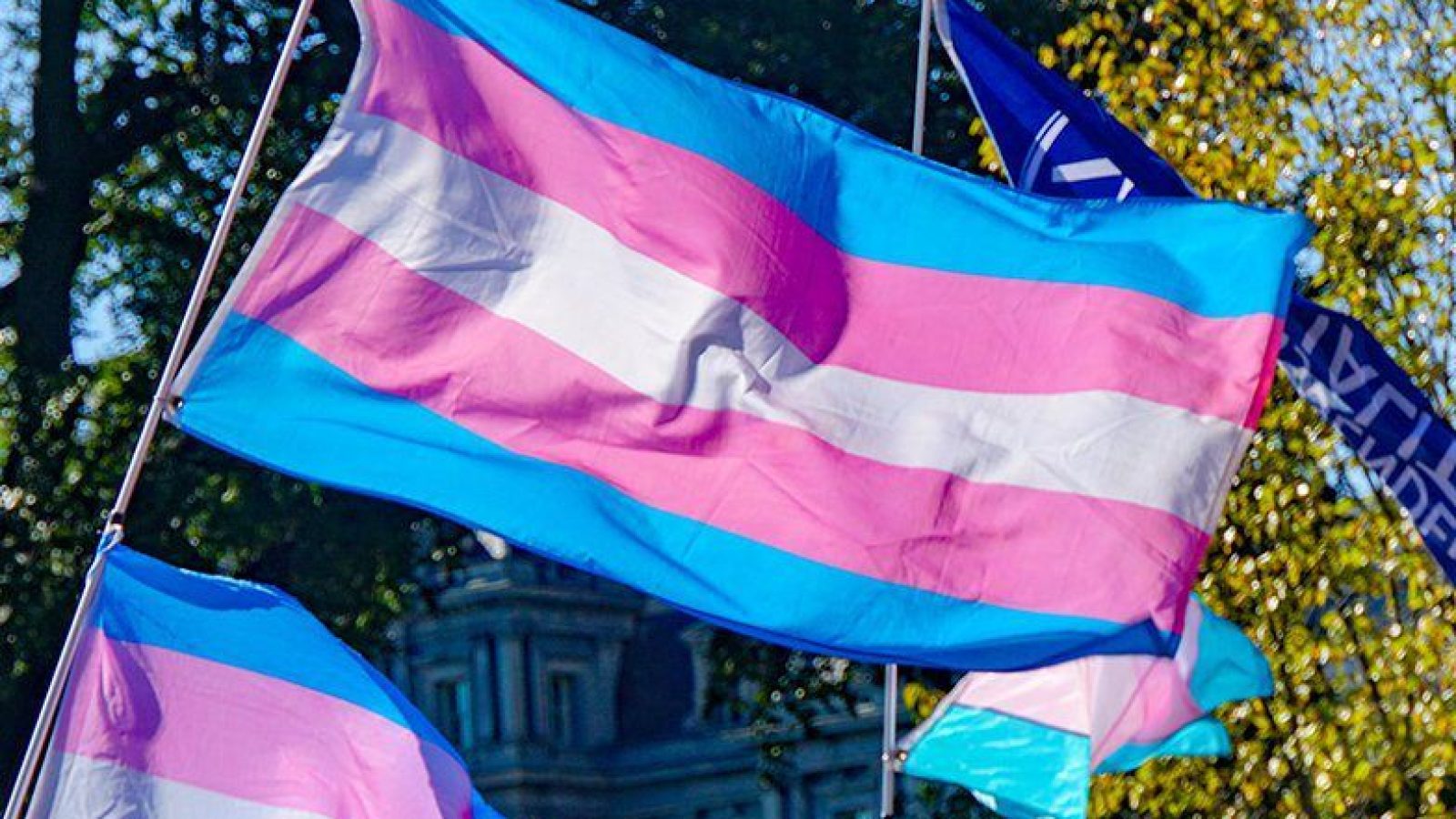A federal judge temporarily blocked parts of a Florida law that bans minors from receiving puberty blockers.
U.S. District Court Judge Robert Hinkle, a Bill Clinton-appointed judge, ruled that three children can continue receiving treatment.
“Other minors seeking transgender treatments are not affected by the preliminary injunction,” Just the News reports.
In his 44-page ruling, Hinkle inserted his strong opinion on the subject matter.
“The elephant in the room should be noted at the outset. Gender identity is real. The record makes this clear,” Hinkle said.
Clinton-appointed judge sides with Florida families against law banning minors' gender transitions | Just The News https://t.co/0UoEHkSYK3
— John Solomon (@jsolomonReports) June 6, 2023
Hinkle also wrote that the children would “suffer irreparable harm” if they did not receive the treatments.
Just the News provided further details:
He also said that Florida does not have a “legitimate state interest” in regulating the procedures and the law “was purposeful discrimination against transgenders.”
“Gender identity is real,” the judge wrote at the beginning of his conclusion in the ruling.
The families suing over the law are being represented by the Southern Legal Counsel, GLBTQ Legal Advocates & Defenders, the National Center for Lesbian Rights and the Human Rights Campaign.
The legal groups celebrated the ruling, which they called a “powerful affirmation of the humanity of transgender people.”
BREAKING: Federal judge blocks Florida banning child sex changes, declares ‘gender identity is real’https://t.co/WvCwxNbgGq
— Jack Poso 🇺🇸 (@JackPosobiec) June 6, 2023
The Post Millennial added:
In issuing the temporary injunction, he used language that is clearly skewed toward the views of the plaintiffs in the case, notably the term “cisgender,” which is a derogatory term for people who do not identify as transgender.
“Despite the defense admissions,” Hinkle said, “there are those who believe that cisgender individuals properly adhere to their natal sex and that transgender individuals have inappropriately chosen a contrary gender identity, male or female, just as one might choose whether to read Shakespeare or Grisham.”
Parents of the children brought suit against the state, wanting to continue the supposed transitioning of their children to appear as the opposite sex. Hinkle asserted that gender identity is not a choice and said that those who believe it is “tend to disapprove all things transgender and so oppose medical care that supports a person’s transgender existence.”
He claimed the children were at risk if they were not allowed to continue treatment. That risk is commonly believed to be the suicide of the child who isn’t permitted to undergo a sex change.
The ruling’s conclusion read:
Gender identity is real. Those whose gender identity does not match their natal sex often suffer gender dysphoria. The widely accepted standard of care calls for evaluation and treatment by a multidisciplinary team. Proper treatment begins with mental-health therapy and is followed in appropriate cases by GnRH agonists and cross-sex hormones. Florida has adopted a statute and rules that prohibit these treatments even when medically appropriate. The plaintiffs are likely to prevail on their claim that the prohibition is unconstitutional. And they have met the other prerequisites to a preliminary injunction. The plaintiffs thus are entitled to a preliminary injunction of appropriate scope. Federal Rule of Civil Procedure 65(c) requires a party who obtains a preliminary injunction to “give[] security in an amount that the court considers proper to pay the costs and damages sustained by any party found to have been wrongfully enjoined.” This order requires the plaintiffs to give security for costs in a modest amount. Any party may move at any time to adjust the amount of security.



Join the conversation!
Please share your thoughts about this article below. We value your opinions, and would love to see you add to the discussion!